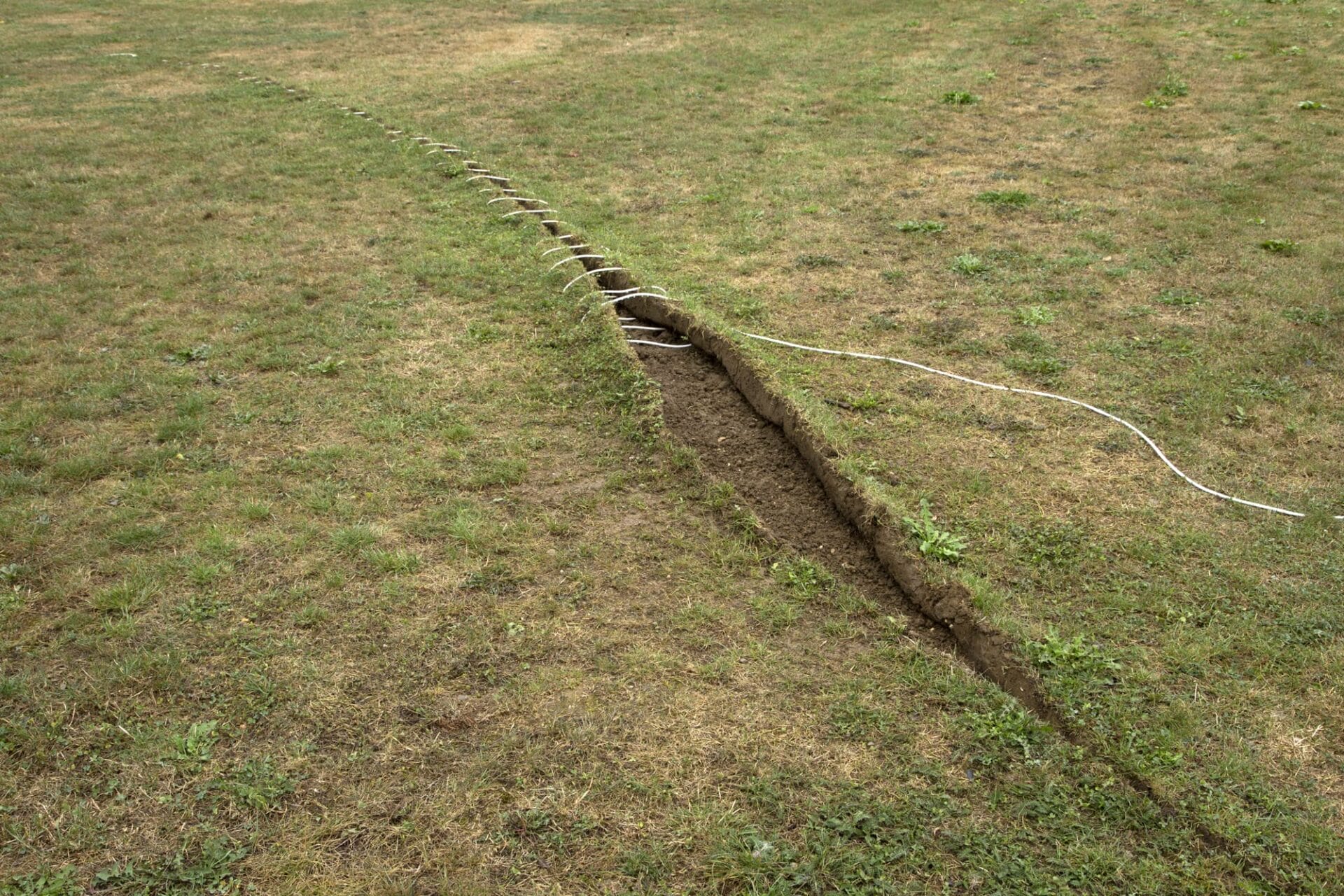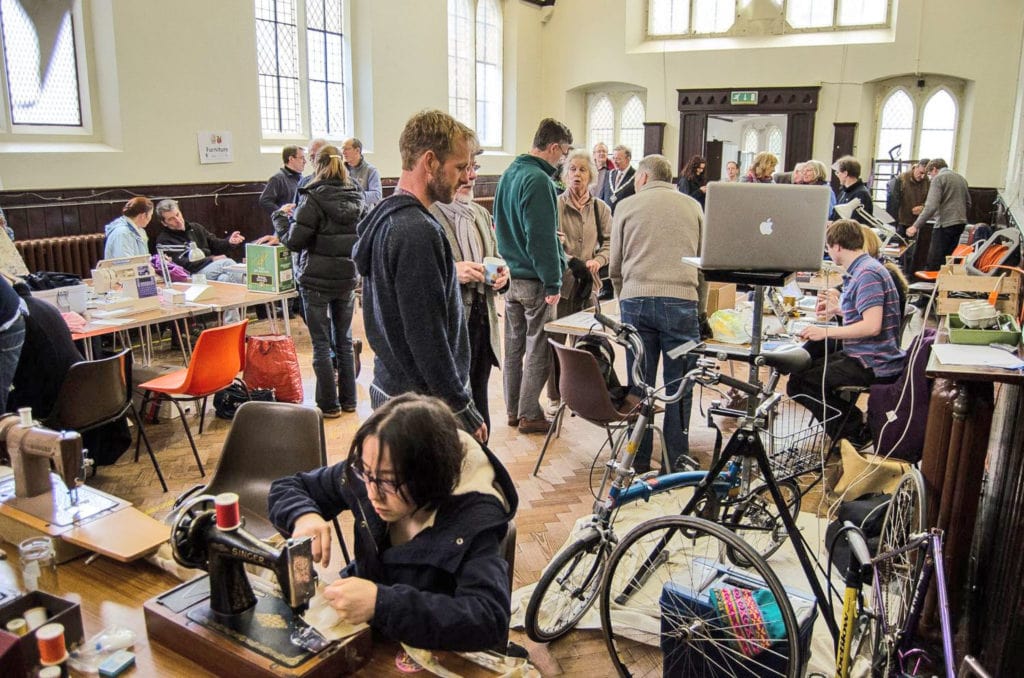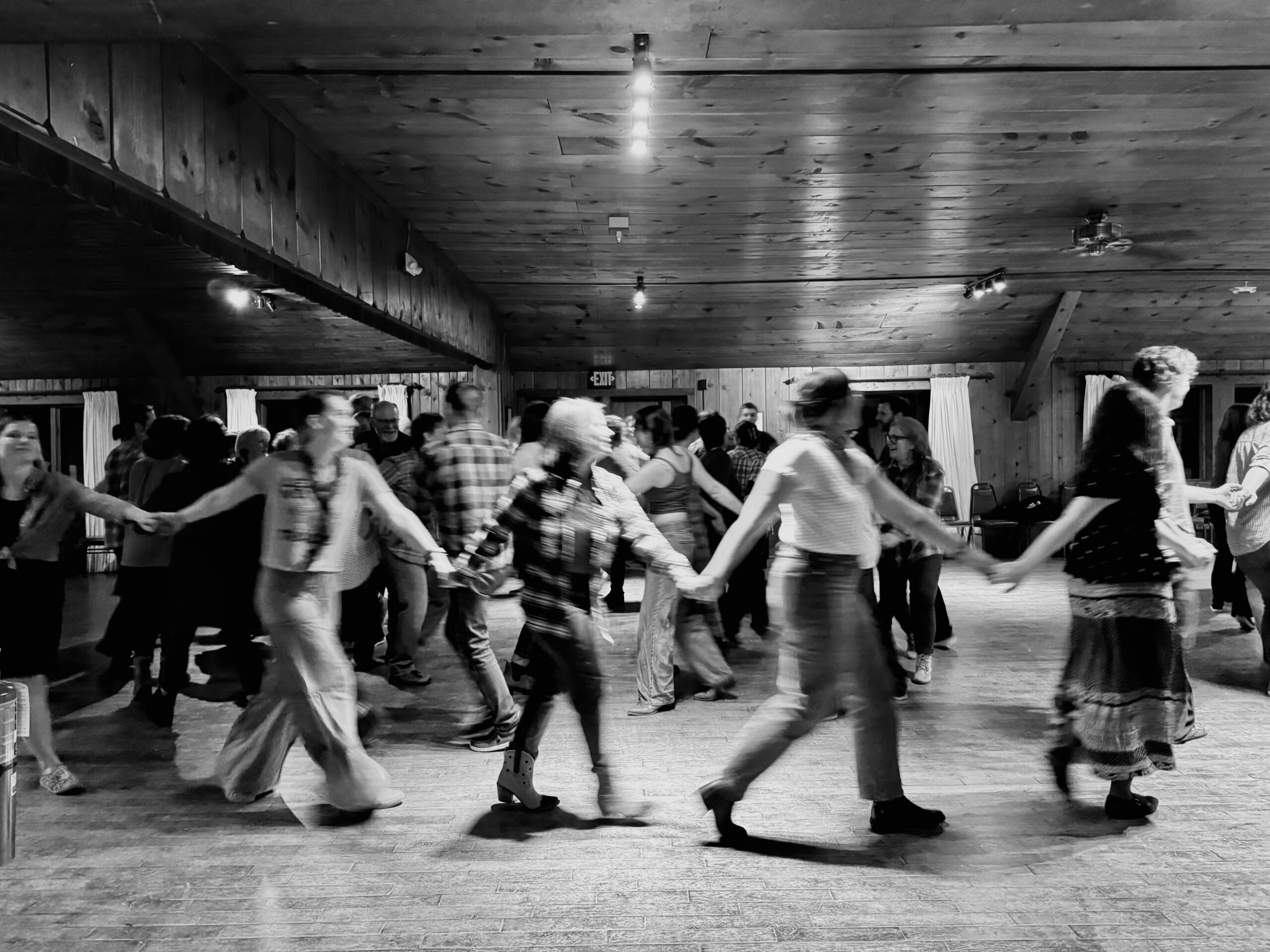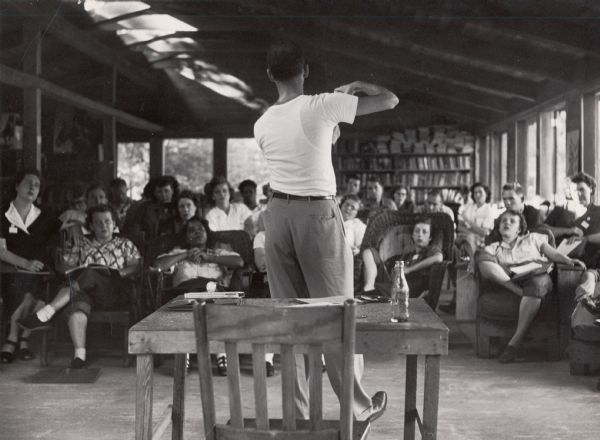Fixing Things: and Other Lost Art Forms

Once upon a time, people knew how to mend what was broken. A coat missing a button wasn’t tossed aside—it was stitched back to life. A wobbly chair wasn’t replaced—it was repaired. Food came from hands that knew the soil, the seasons, the rhythm of growth. Lessons weren’t just words; they were maps, instructions, blueprints for living in sync with the land and one another.
Somewhere along the way, we lost this. We traded knowledge for convenience, craft for mass production, and community for individualism. Now, we buy instead of build, discard instead of mend, and consume instead of create. The skills that once tethered us to place, people, and purpose are fading. And with them, something essential to our humanity.
Reviving these skills is one of the reasons folk schools exist—not to romanticize the past, but to reimagine the present. To teach us how to grow food and make tools, to weave stories and stitch fabric, to carve, construct, and repair. To reconnect us to what’s real—our hands, our neighbors, our environment.
At Green Door Folk School, we’re dreaming up ways to bring these forms of knowledge back into daily life—not just through traditional folk crafts, but through practical skills that add new life and longevity to what we already have, even if that thing is just a coffee table from Ikea.
As we plan our summer class schedule, we keep returning to the lost art of fixing things. How do we repair and care for what we already own? And how do we encourage these behaviors in a world built on disposability? One idea is hosting Repair Café days.

The concept, pioneered in the Netherlands, is simple: offer tools, guidance, and a communal space to fix everyday objects—electronics, bicycles, furniture, clothing. Repair Cafés turn the popularized notion of “do-it-yourself” on its head, instead embracing a “do-it-together” mindset.
But knowing how to repair everything alone is hard, if not nearly impossible. We all have different skills. Some of us might be expert sock darners, while others might be handy with small electronics. The ultimate impact of Repair Cafés is that they are an act of “commoning.” Instead of everyone going out to buy their own sewing machine, bringing it home, watching the same YouTube video, and attempting a mending project alone, at Repair Cafés, people share tools, equipment, and knowledge for the good of the community.
Maybe the key to a sustainable future isn’t blindly trusting technological innovation, nor is it clinging to nostalgia. Perhaps it’s about caring for what we have right now—using the tools and knowledge already at our disposal, loving what we’ve got, even in its imperfections.


